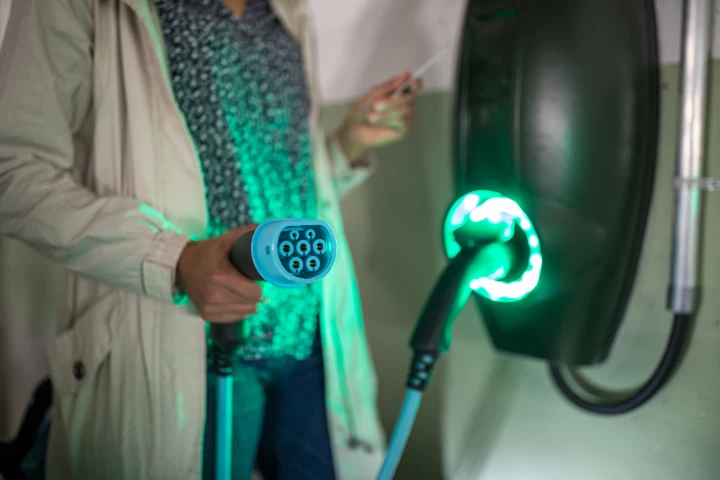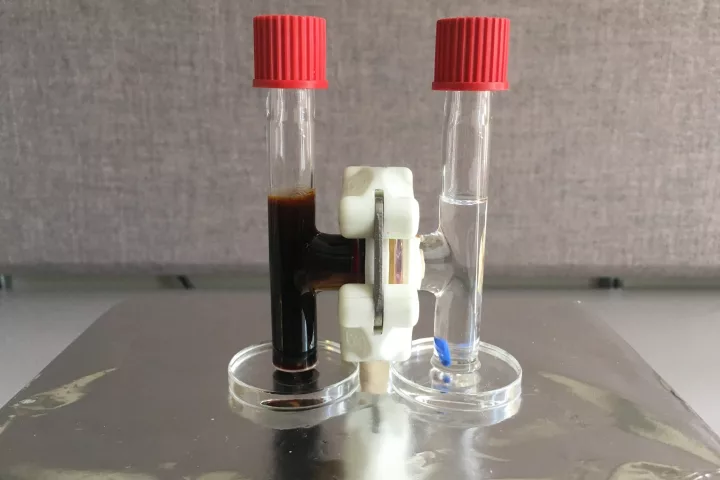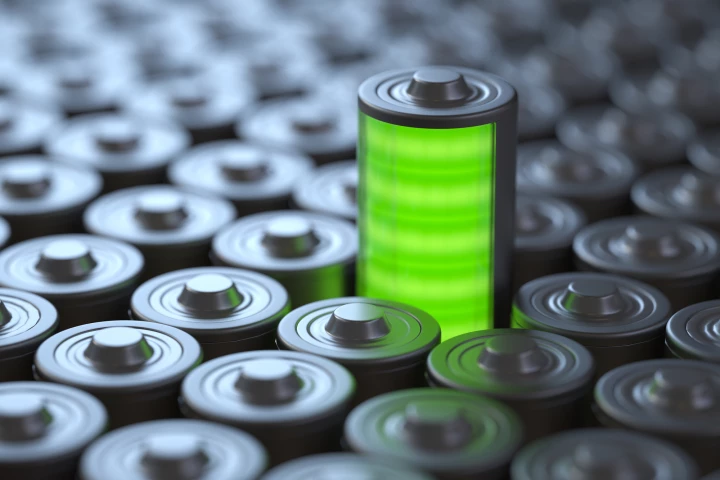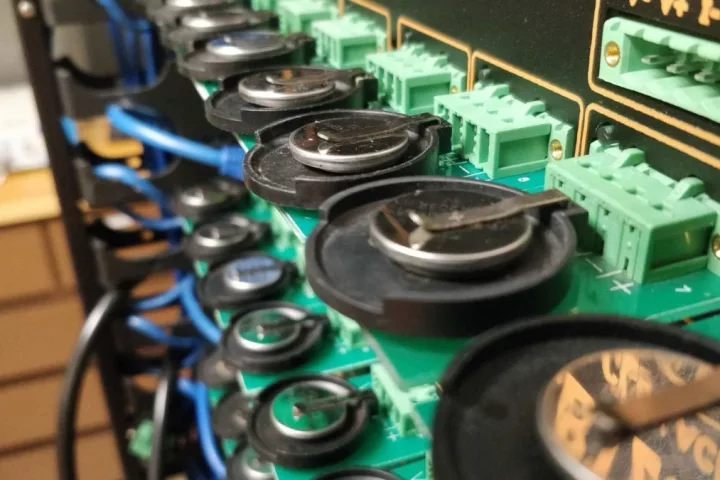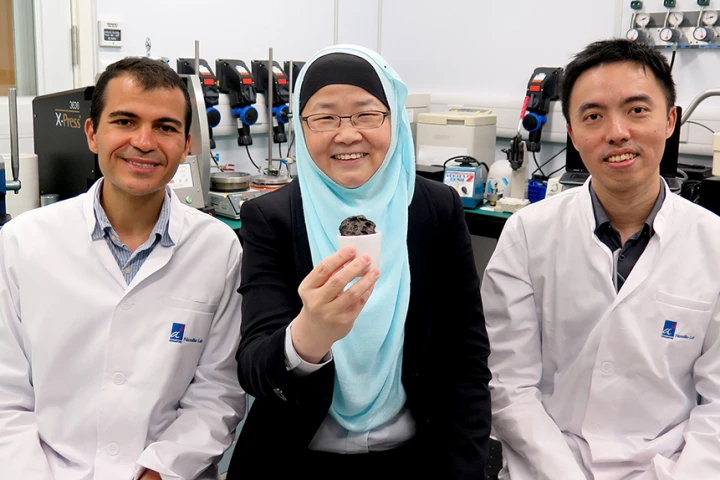Lithium-sulfur
The latest news in lithium-sulfur battery technology
-
In a potentially game-changing move for the EV industry, Stellantis and Zeta Energy Corp have teamed up to develop the next-generation EV battery with more range, more power, 50% faster charging, and at less than half the cost.
-
Monash University researchers' new lithium-sulfur battery tech delivers roughly twice the energy density of lithium-ion batteries, as well as speedy charging and discharging – enabling the sort of power delivery that's critical for eVTOL flight.
-
Scientists at UCSD have built a lithium battery that can not only operate at freezing cold and scorching hot temperatures, but may store double the energy of current devices and be friendlier to the environment while it's at it.
-
A research group at Australia's Monash University has developed a novel layer component that shapes as a promising material for lithium-sulfur batteries moving forward, offering these devices both a high capacity and long lifetime.
-
Engineers at Drexel University have made a breakthrough they say takes high-capacity lithium-sulfur batteries closer to commercial use, by leveraging a rare chemical phase of sulfur to prevent damaging chemical reactions.
-
With the capacity to store up to five times the energy of lithium-ion solutions, researchers have a keen interest in lithium-sulfur batteries, and a team at the University of Michigan has taken a step toward realizing their real-world potential.
-
Scientists in Australia have come up with a new design for lithium sulfur batteries that involves adding a sugar to address inherent stability issues, a move that keeps the experimental cells ticking across more than 1,000 cycles.
-
Scientists in Japan have put forward a promising solution to an inherent instability plaguing lithium sulfur batteries, integrating a novel sponge material that enabled a prototype to safely endure hundreds of cycles.
-
Scientists have made a breakthrough that overcomes a technical issue that has held back highly promising lithium-metal battery architecture, which could pave the way for batteries with as much as 10 times the capacity of today's devices.
-
British company Oxis says it's developed safe, high-density lithium-sulfur battery chemistry and will supply Texas Aircraft Manufacturing with a 90-kWh, next-gen battery pack to power the eColt, an electric aircraft with a two hour, 230-mile range.
-
Among the promising alternatives to today's energy storage technologies are lithium-sulfur batteries, though they tend to quickly degrade and die. A new design promises to change that through the integration of a rare metalloid called tellurium.
-
Scientists in Singapore are reporting a new type of semi-solid electrolyte that shores up the safety of a lithium-sulfur batteries, which hold huge, untapped potential when it comes to energy storage.
Load More



